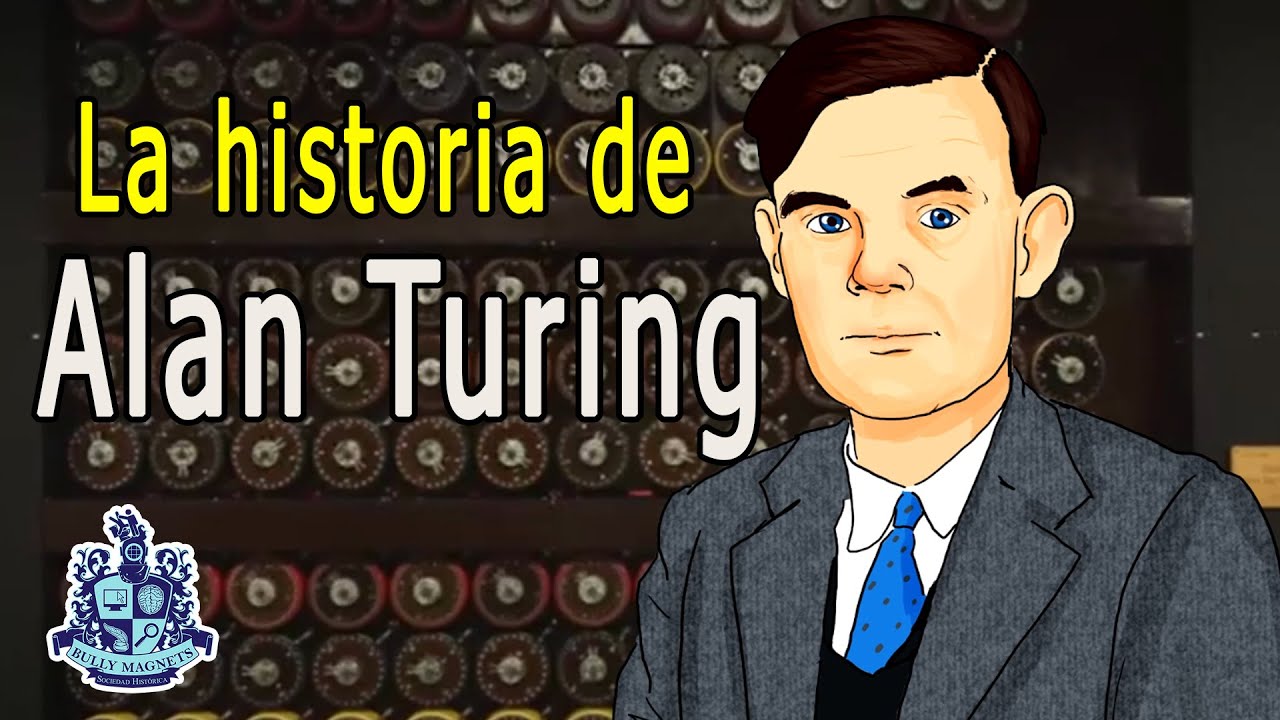Great Composers: John Cage
Summary
TLDRJohn Cage, born in 1912, was a pioneering composer and philosopher of the 20th century. Initially indecisive, he explored various fields before focusing on music, studying under notable figures like Henry Cowell and Arnold Schoenberg. Cage's innovative approach, including the invention of the 'prepared piano' and the use of chance techniques, revolutionized music. His most famous work, '4'33'', challenged traditional musical norms. Despite financial struggles, Cage's influence grew, and he became a prominent figure in the avant-garde scene, advocating for the acceptance of all sound as music.
Takeaways
- 🎼 John Cage was a renowned composer and philosopher of the 20th century, known for his unconventional approach to music.
- 👶 Born in Los Angeles in 1912, Cage showed early musical talent and graduated as valedictorian from high school.
- 🎓 Initially studying theology, Cage's restlessness led him to explore various paths, including writing and hitchhiking through Europe.
- 🎼 After returning to the U.S., Cage decided to focus on music, studying with pioneers like Henry Cowell and Arnold Schoenberg, despite Schoenberg's early critique of Cage's lack of harmony.
- 💬 Cage's famous reply to Schoenberg's critique was to dedicate his life to 'banging his head against that wall,' signifying his commitment to challenge traditional musical norms.
- 💔 Cage had a tumultuous personal life, including a marriage to Xenia Kashevaroff that ended in divorce, and numerous affairs.
- 🎹 One of Cage's innovations was the 'prepared piano,' which involved altering the piano's sound with household objects placed among the strings.
- 📚 Cage collaborated with choreographer Merce Cunningham, using the I Ching to determine the structure of their performances, emphasizing chance and indeterminacy.
- 🤫 His most infamous work, '4'33"', challenged the concept of silence and music, becoming a pivotal piece in the avant-garde movement.
- 🎭 Cage was also involved in organizing 'happenings,' which were performance art events that incorporated elements of chance and indeterminacy.
- 🍄 Beyond music, Cage had a wide range of interests, including mycology (the study of fungi) and playing chess with Marcel Duchamp.
- 🌐 Cage believed that all sound was music, and he sought to break down the barriers between everyday sounds and musical compositions.
Q & A
Who is John Cage and what was his significance in the 20th century music?
-John Cage was a major musical philosopher of the 20th century known for his unconventional approach to music composition, which included the use of silence and chance operations.
Where and when was John Cage born?
-John Cage was born in Los Angeles in 1912.
What was Cage's initial educational pursuit before focusing on music?
-Cage initially studied theology in college but was restless and unsure of his life's direction.
What significant life event led Cage to explore music seriously?
-After dropping out of college and traveling in Europe, Cage returned to the United States with a new artistic direction and decided to focus on music.
Who were Cage's early mentors in music, and what was their assessment of his abilities?
-Cage studied with Henry Cowell, a pioneer of tone clusters, and then with Arnold Schoenberg, who thought Cage had no sense of harmony.
What was Cage's famous response to Schoenberg's critique of his lack of harmony?
-Cage replied that he would dedicate his life to 'banging his head against that wall,' signifying his commitment to challenge traditional musical norms.
What is the 'prepared piano' and how did it contribute to Cage's musical exploration?
-The 'prepared piano' is an invention of Cage's where he would place household objects among the strings of a piano to alter its tone, creating a range of sounds not normally possible.
How did Cage's relationship with Merce Cunningham influence his work?
-Cage's collaboration with dancer and choreographer Merce Cunningham led to the development of chance techniques, using the I Ching to determine musical and movement courses of action.
What is the significance of the piece '4'33"' in Cage's career?
-'4'33"' is Cage's infamous silent piece that represents the culmination of his artistic philosophy, challenging the traditional understanding of music and silence.
What were 'Happenings' and how did they relate to Cage's work?
-Happenings were events organized by Cage and his followers, combining elements of indeterminacy and chance, similar to his musical compositions, but in a broader, often stage-less and script-less context.
How did Cage's philosophy of music differ from traditional views?
-Cage believed that all sound was music and that there was no distinction between musical sound and everyday noise, embracing the concept of indeterminacy in his compositions.
What was Cage's attitude towards new ideas in music?
-Cage was a proponent of new ideas and concepts in music composition, stating that he was not frightened by them but rather by the old ones.
Outlines

هذا القسم متوفر فقط للمشتركين. يرجى الترقية للوصول إلى هذه الميزة.
قم بالترقية الآنMindmap

هذا القسم متوفر فقط للمشتركين. يرجى الترقية للوصول إلى هذه الميزة.
قم بالترقية الآنKeywords

هذا القسم متوفر فقط للمشتركين. يرجى الترقية للوصول إلى هذه الميزة.
قم بالترقية الآنHighlights

هذا القسم متوفر فقط للمشتركين. يرجى الترقية للوصول إلى هذه الميزة.
قم بالترقية الآنTranscripts

هذا القسم متوفر فقط للمشتركين. يرجى الترقية للوصول إلى هذه الميزة.
قم بالترقية الآنتصفح المزيد من مقاطع الفيديو ذات الصلة
5.0 / 5 (0 votes)






